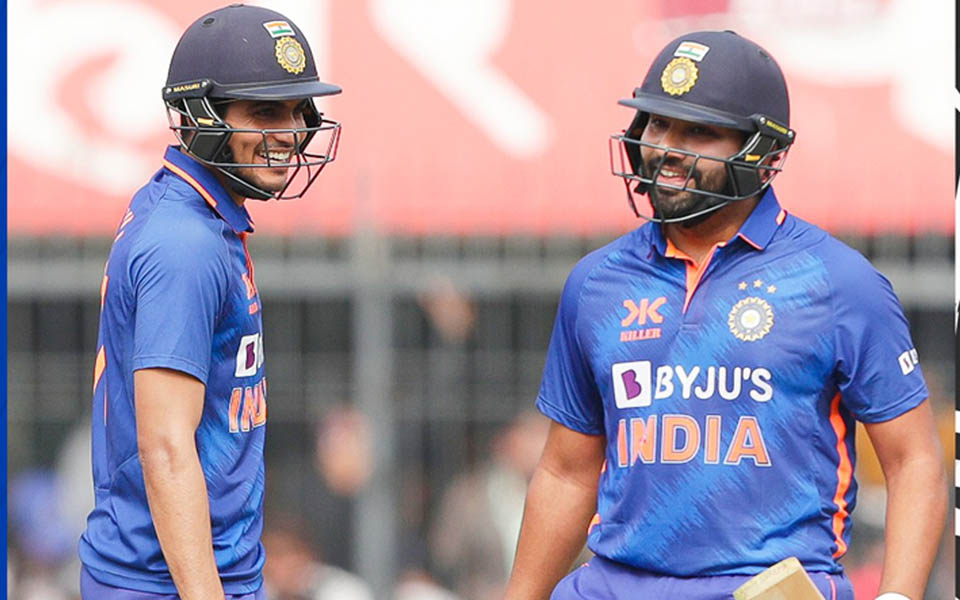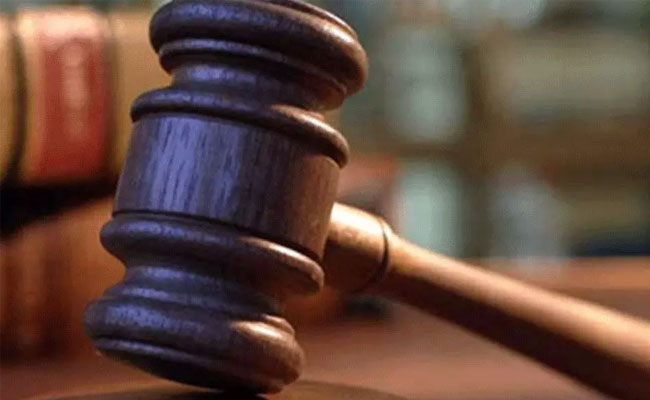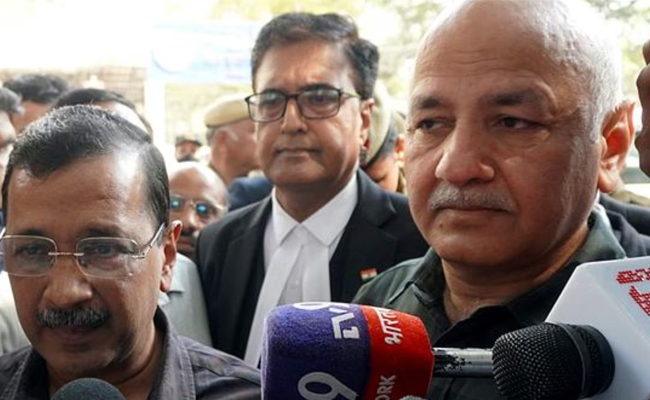Indore, Jan 24: Rohit Sharma scored his first ODI century in three years while Shubman Gill continued his explosive run to power India to 385 for nine in the third and final game against New Zealand here on Tuesday.
The two put up a belligerent 212-run opening stand as Rohit (101 off 85 balls) got to the three-figure mark for the first time since January 2020. Gill (112 off 78) got his fourth ODI hundred.
Rahul Dravid joked on the eve of the match that bowlers don't want to bowl as soon as they land in Indore because of the batter-friendly conditions. The batting great had a point.
The New Zealanders rolling over their arms during the first 25 overs would have shared Dravid's sentiment. At one point every ball that Rohit and Gill's bat touched was either flying to the boundary or over it.
Gill hit four fours and a six to plunder 22 runs off Lockie Ferguson in the eighth over, symbolising the kind of form the 23-year-old has been in lately. The youngster didn't have to even time the ball for it to run to the boundary. After three fours, he launched the short ball for an upper-cut six.
He reached his half-century when he drove the ball square off extra cover for a stylish four. A couple of overs later Rohit, too, brought up his fifty with a flat six over Mitchell Santner's head.
With the outfield quick and the wicket flat, the rather inexperienced New Zealand bowling unit had no answers to the Indian openers' carnage.
India raced to 200 with Rohit and Gill sharing 22 fours and 11 sixes between them.
Matching each other's strike rates, the 26th over saw both Rohit and Gill getting their centuries. Rohit pulled away to deep square to get to his century. Three balls later, Gill got to the triple-figure mark, his third in four innings.
New Zealand skipper Tom Latham used as many as six bowlers and it was his sixth option -- spinner Michael Bracewell -- who provided the tourists their first breakthrough.
Trying to slog one out of the park, Rohit missed the ball as it kept low and turned to eventually hit the stumps. His wicket was met with a roar by the partisan crowd, welcoming Virat Kohli (36).
A miscued shot in the next over spelt the end of Gill's innings as New Zealand struck twice in quick succession.
Ishan Kishan (17) didn't look too comfortable and took nine balls to open his account. A yes-no with Kohli, who had sprinted halfway, marked the end of the wicketkeeper batter's stay in the middle.
New Zealand were able to bring down the boundaries and sixes and, looking to play a big shot, Kohli couldn't beat Finn Allen at mid-off.
Looking on course for a 400-plus score, India endured a familiar middle-order batting collapse, before Hardik Pandya (54) provided the final flourish.
Let the Truth be known. If you read VB and like VB, please be a VB Supporter and Help us deliver the Truth to one and all.
Singapore (PTI): An Indian-origin Malaysian man was sentenced in Singapore to 12 years' jail and 12 strokes of the cane for raping a domestic worker outside a train station after tricking her into thinking that he was a police officer.
Sharveen Chetty, 48, pleaded guilty on February 4 to one charge of raping the 35-year-old Indonesian woman in the bushes outside Exit F of a subway, Little India Mass Rapid Transit station, at about 8pm on July 11, 2022.
The victim was with her friends at the time, but Chetty lured her away before he sexually assaulted her, according to a report by The Straits Times on Thursday.
Two other charges – a second rape charge and a charge of impersonating a police officer – were taken into consideration during sentencing on Wednesday.
The witnesses who testified on the first day of the trial included a doctor from Women’s and Children’s Hospital who examined the victim a day after the rapes, and forensic scientists from the Health Sciences Authority.
Chetty had initially contested the charges in a High Court trial that began on February 3. But he changed his mind and pleaded guilty on what would have been the second day of the trial, according to the daily report.
In sentencing, Justice Dedar Singh Gill considered it aggravating that Chetty had targeted the victim because she was a foreigner who might be unfamiliar with the local authorities.
The judge rejected the defence's arguments that the rape was not premeditated.
The judge, however, noted that Chetty had pleaded guilty before the victim and key prosecution witnesses testified, thus sparing her and her friends from going through cross-examination.
The prosecution had sought a sentence of between 11 and 13 years’ jail and 12 strokes of the cane, noting Chetty’s extensive efforts to disguise himself, and his predatory act of leading the victim away from the rest of the group.
Chetty admitted that he became sexually attracted to the victim.





